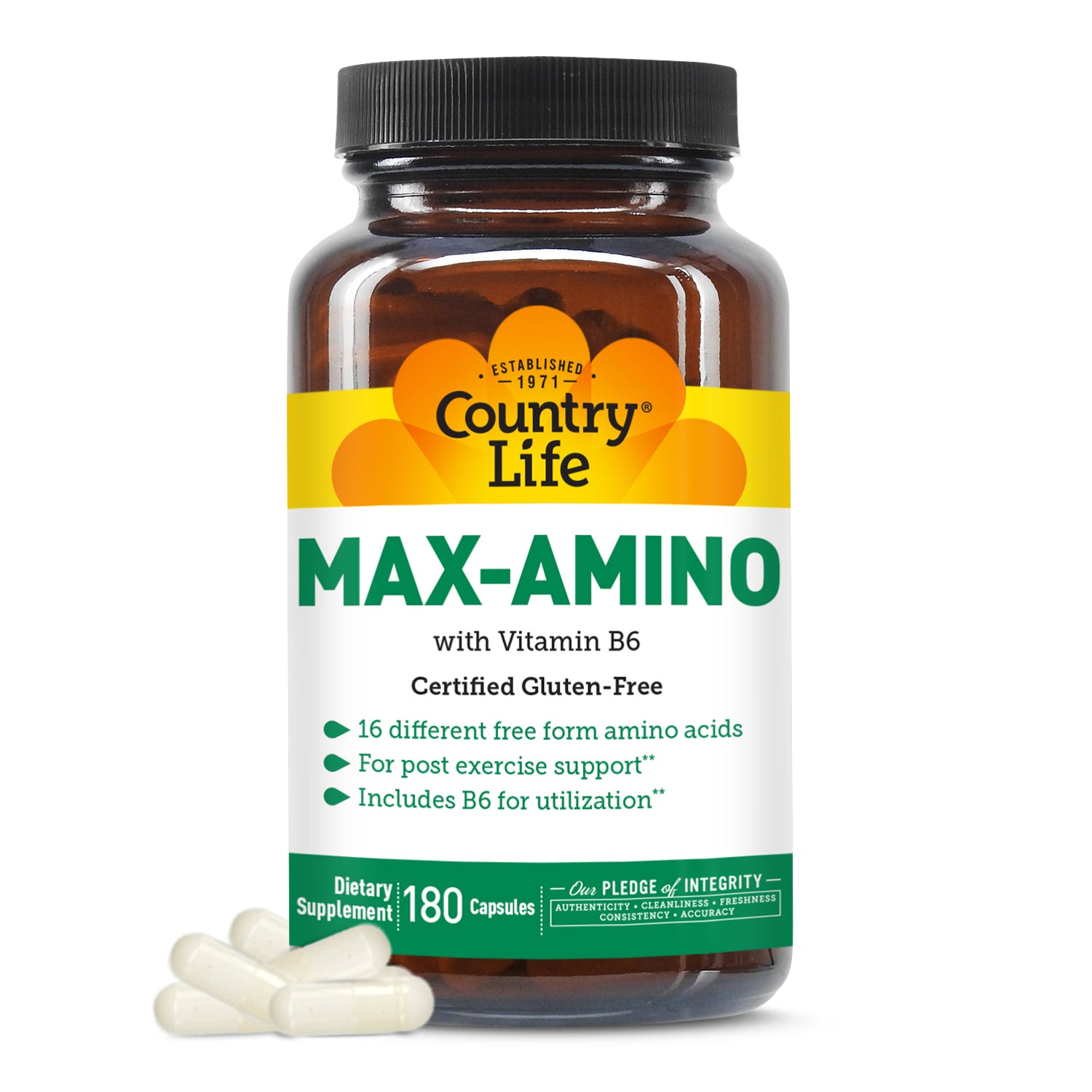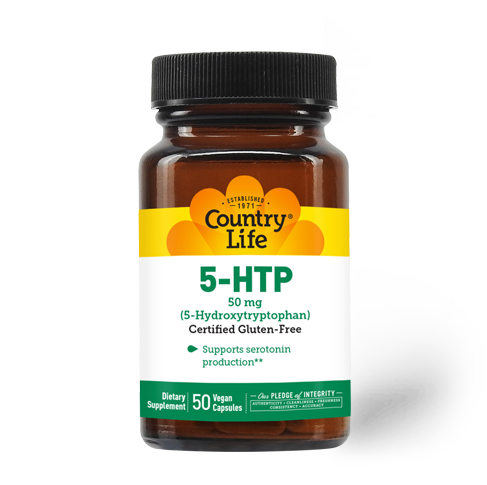If you’re a bodybuilder or athlete, there’s a good chance you’ve heard about amino acid supplements. A lot of athletes supplement with amino acids to optimize their performance on the field, in the gym, or wherever their sport takes them.
The reason amino acid supplements are popular with athletes and those who work out a lot is because amino acids are the basic building blocks of protein – and protein provides the structure for the body’s cells, bones, muscles, organs, skin, and more. Our bodies rely on protein for producing energy, digesting food, managing blood glucose, and many other functions.
Are you considering taking a high-quality amino acid supplement to enhance your athletic performance or fitness goals? First, find out how amino acid supplements work and get a better understanding of how and when to take amino acids.
Types of Amino Acid Supplements
You can get most of the amino acids you need from your diet if you’re reasonably healthy and your diet consists of whole foods, particularly high-quality protein. However, your body can’t store amino acids and it can only use what’s available. So, if you exercise intensely and are looking to improve your athletic performance, there’s a good chance you’ll need to boost your daily amino acid intake.
One way to do this is to eat more complete proteins. But because the digestion process takes time, those proteins won’t be immediately available for your body to use.
Therefore, many people choose to take an amino acid supplement to help them quickly get enough amino acids to fuel their intense workouts. Amino acid supplements provide a good mix of all 9 essential amino acids. However, the most common amino acid supplement for those looking to keep up energy, build muscle mass, and/or improve recovery after intense strength or endurance exercise, is a BCAA (branched-chain amino acid) supplement. (Check out our sister company Biochem's BCAA powder.)
In a general protein supplement, like Biochem's clean whey protein powder, BCAAs are bound to other amino acids. When taken separately, they can be more quickly digested, absorbed, and used for protein synthesis.
BCAA supplementation can help to boost energy while reducing fatigue during a long and intense workout. It also helps with muscle growth, while decreasing muscle damage and speeding up muscle recovery.
When to Take Amino Acids
Once you’ve decided amino acid supplementation will be beneficial for you, the big question becomes how to take amino acids. There are mixed opinions as to when the best time to take them is. Many sports nutrition experts recommend taking them at a specific time, either pre-workout, post-workout, or during a workout.
While more research is needed, it appears to be fine to take amino acids throughout the day, if preferred over taking them at a set time before, during, or after a workout.
It may also be important to take them regularly, not only on the days you exercise. The key is to experiment to see what works best for you.
Amino Acid Supplements Can Help You Reach Fitness Goals
Your body will most likely need more amino acids than you can get from your diet when you’re training intensely or if you want to build muscle and then repair it after a workout. Currently, the specifics of when to take amino acids do not seem to be as important as taking a high-quality amino acid supplement on a regular basis to help support your fitness goals.
For a high-quality amino acid supplement you can trust, check out Country Life Vitamins Max-Amino. This supplement is formulated with 16 different free-form amino acids, which are bioavailable and easily absorbed, as well as B6 to aid in the absorption process.
















Share:
Is It a Vitamin D Deficiency? Learn The Signs & Symptoms Here
The Health Benefits of Taking a Daily Multivitamin